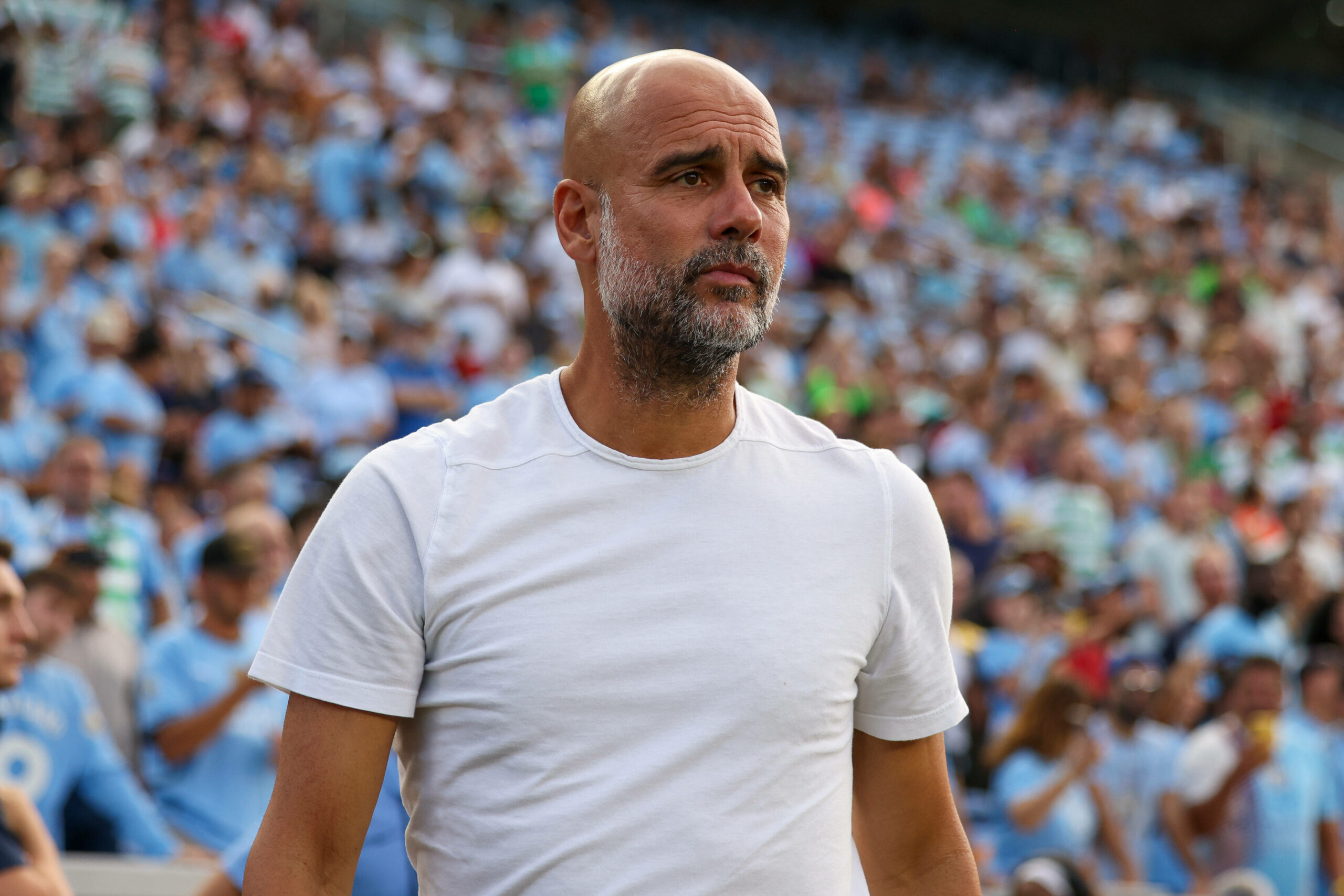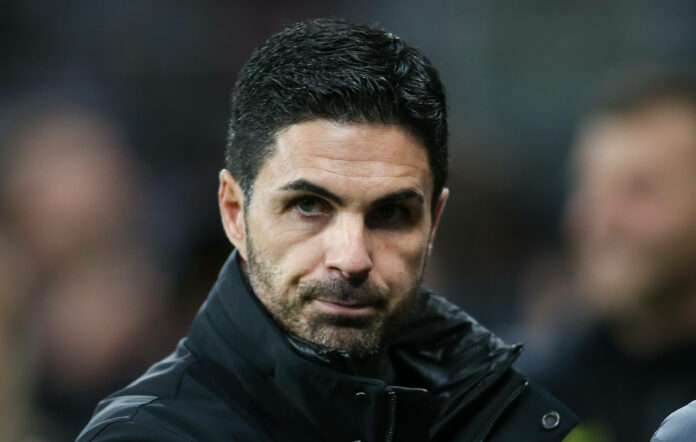Arsenal and Manchester City: A Rivalry Reignited
The long-standing rivalry between Arsenal and Manchester City has reached new heights following their recent fiery encounter at the Etihad Stadium. What was already a competitive fixture has now evolved into a multi-layered battle, extending beyond the pitch to encompass club hierarchies, philosophies, and tactical approaches. It has become a rivalry that pits two former colleagues against each other—Mikel Arteta, now leading Arsenal, and Pep Guardiola, still in charge of Manchester City.
Tactical Tension on the Pitch
The clash at the Etihad was as tense as it was dramatic. From the first whistle, it was clear that this was going to be a fiercely contested game. Within moments, Kai Havertz and Rodri collided off the ball, setting the tone for what would become a highly charged encounter. Both sides found themselves embroiled in tactical controversies, with two key restarts at the heart of the on-field drama.
Manchester City were incensed by Arsenal’s quick free-kick that caught their defence off-guard, while Arsenal felt equally aggrieved by Leandro Trossard’s dismissal for a second yellow card. What followed was a battle of attrition, with City accusing Arsenal of gamesmanship—claiming the Gunners feigned injuries to disrupt the flow of the game. In contrast, Arsenal contended that their injuries were legitimate, as evidenced by absences in the subsequent Carabao Cup tie.
Guardiola vs Arteta Dynamic
The relationship between Guardiola and Arteta is central to this rivalry. Once colleagues at Manchester City, their managerial approaches have now diverged significantly. While Guardiola remains committed to an attacking style of play, City have accused Arteta of pragmatism, likening his approach to that of Jose Mourinho.

After the match, John Stones did not mince his words when he said, “They’ve done it for a few years and we know to expect that. You can call it clever or dirty — whichever way you want to put it.” Meanwhile, City midfielder Bernardo Silva expressed disappointment at Arsenal’s perceived shift away from expansive football, commenting that matches against Liverpool were more focused on trying to win than simply stifling the opposition. However, Arsenal’s camp sees it differently, with the players reportedly feeling that their approach was justified by their ability to hold City at bay for so long, especially when reduced to ten men for nearly an hour.
Off the Pitch: A Boardroom Battle
This rivalry isn’t confined to the 90 minutes on the pitch; it has spilled over into the boardroom. Arsenal’s vice-chairman, Tim Lewis, was alleged to have “stormed out” of the directors’ box at the Etihad after City’s late equaliser. While Arsenal officials refuted these claims, stating that Lewis simply went down to console the team, the incident highlighted the growing tension between the clubs.
The rivalry between Arsenal and City also touches on broader issues surrounding the Premier League’s financial rules. Arsenal, who support spending limitations, are on one side of the debate, while City, facing allegations of 115 breaches of those rules, are on the other. The ideological clash is as important as the footballing one, with both clubs vying for supremacy in an ever-changing landscape.
Rivalry to Watch
With these narratives now intertwined, this fixture has become a must-watch for football fans. City’s equaliser in the dying moments of the match may have left a sour taste in Arsenal’s mouth, but it sets up the return fixture in February as one of the most eagerly anticipated matches of the season. As Guardiola succinctly put it, “You want a war? Now we war.” The next chapter of this rivalry is sure to deliver more drama, more intensity, and perhaps, more controversy.

